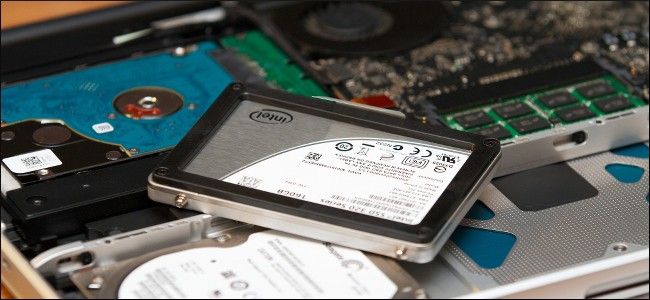Hi everyone,
First of all, I have joined the community today and already started contributing. I may even subscribe to the magazines. Apologies if this is posted in the incorrect place (I really did look around) but I am hoping an active and lively community can help.
I have a new gaming laptop arriving this week. Asus 15.6"
The only laptops I have ever owned before were Apple products, the last one being a MacBook Air (early 2015) but never used for gaming. However it was on it's last legs, battery lasted an hour and with me having to work in lockdown, I have found not having a windows laptop means remotely working has been a real pain.
So, I decided to treat myself to a new laptop but my question for you all is what housekeeping should you do when you get it out of the box? Is there somewhere a list of things to check/run when using it for the first time? Or are laptops literally, plug and play? I understand these are vague questions, but hoping that there might be some advice from experienced laptop users about what I should ensure happens to start.
I also have some other questions as well which if you could answer that would be great. I haven't yet had time to really browse the forums so far too much. Game backpacks, any recommendations for when I take it out and about? Can I use my laptop to play games linked to my PC monitor as my laptop is a much better spec than my intel 5 PC build?
Thanks
First of all, I have joined the community today and already started contributing. I may even subscribe to the magazines. Apologies if this is posted in the incorrect place (I really did look around) but I am hoping an active and lively community can help.
I have a new gaming laptop arriving this week. Asus 15.6"
The only laptops I have ever owned before were Apple products, the last one being a MacBook Air (early 2015) but never used for gaming. However it was on it's last legs, battery lasted an hour and with me having to work in lockdown, I have found not having a windows laptop means remotely working has been a real pain.
So, I decided to treat myself to a new laptop but my question for you all is what housekeeping should you do when you get it out of the box? Is there somewhere a list of things to check/run when using it for the first time? Or are laptops literally, plug and play? I understand these are vague questions, but hoping that there might be some advice from experienced laptop users about what I should ensure happens to start.
I also have some other questions as well which if you could answer that would be great. I haven't yet had time to really browse the forums so far too much. Game backpacks, any recommendations for when I take it out and about? Can I use my laptop to play games linked to my PC monitor as my laptop is a much better spec than my intel 5 PC build?
Thanks



